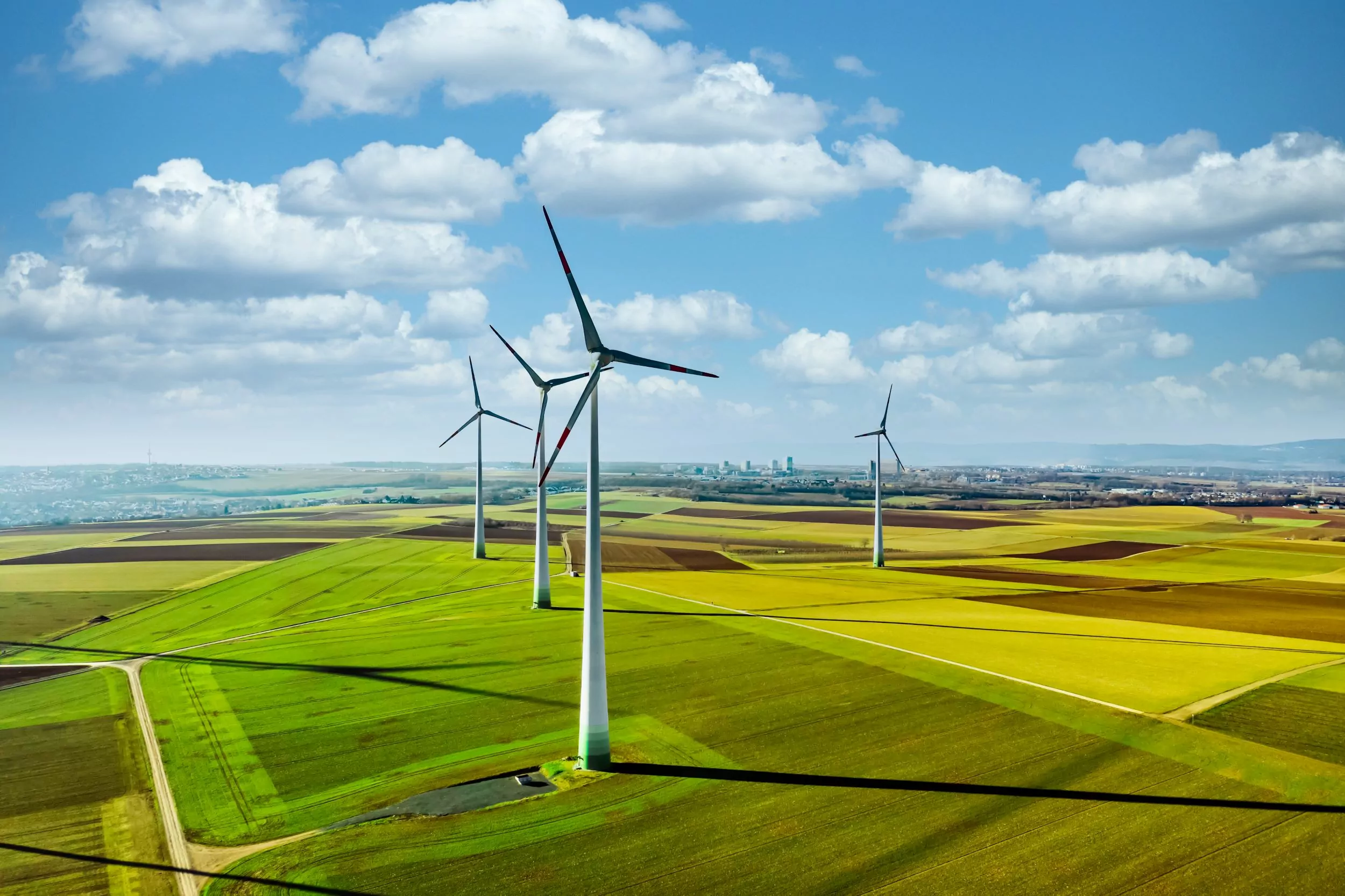Global energy companies are interested in contributing to renewable energy investments in India. India already holds one of the most diversified energy sectors in the world and its renewable sector is expanding at an exponential rate. Renewable energy investments in India are booming as a result, thus ranking India as the second most attractive renewable energy market in the world. In 2017, wind and solar power private equity investments increased 47% to USD 920 million compared to USD 630 million in 2016.
As companies investing in renewable energy in India increases, the Government of India has the objective of providing electrical connections to over 40 million homes in rural and urban areas by December 2018 at an estimated price tag of USD 2.5 billion. The government is also proposing a deployment of 40 GW of rooftop solar (through rent a roof policy) by 2022 and an integration of 175 GW of total renewable energy by 2022. The government’s roadmap includes 100 GW of total solar power and 60 GW of wind energy by 2022. In order to achieve these initiatives, India is looking to local and foreign investors.
Current State of the Renewable Energy Market in India
The total installed renewable energy capacity in India is 58.3 GW (September 2017), representing 17.7% of the country’s total energy capacity. Wind power capacity generates 32.5 GW, representing 55.8% and solar power capacity generates 13.1 GW, representing 22.5%. The total estimated installed capacity of tidal energy is 8,000 MW and the total estimated installed capacity of hydro projects have a total installed capacity of 4,399.355 MW.
Previous renewable energy investments in India from foreign direct investments between April 2000 and September 2017 amounted to USD 12.3 billion, accounting for 3.44% of all India’s FDI inflows.
Renewable Energy Investments in India Government Initiatives
In all, there is a maximum potential capacity of 363 GW of renewable energy, which inspires India’s energy policies to greatly focus on the renewable energy sector. Some of the policies to reach their goals include:
- Implementing a Direct Benefit Transfer (DBT) scheme to efficiently target subsidies.
- Providing duty benefits that are forecasted to lower construction and power generation costs for those participating in the solar rent-a-roof initiative.
- Every state and union territory working to fulfill the government’s goal of offering 24/7 quality and affordable power for all by March 2019.
- 10-year tax exemption for solar power projects.
- Electricity Regulatory Commission’s approval of several steps that strengthen the financial position of state utilities as well as increasing opportunities for companies that transmit and distribute (T&D) power.
- Department of Economic Affairs signing a guaranteed agreement for IBRD/CTF loan worth USD 98 million as well as a ‘shared infrastructure for solar parks project’ grant worth USD 2 million with the World Bank.
- Prime Minister’s proposal of building cities powered only by solar energy; PM’s proposal of accelerating bio-ethanol refinery projects
- The Union Cabinet’s approval for the construction of 10 units of domestic pressurized heavy water reactors (PHWR) that will each hold a nuclear capacity of 700 MW.
- India’s Energy Efficiency Services (EESL) initiatives resulted in the saving of 37 billion kWh of energy and have reduced greenhouse gas emissions by 30 million tonnes.
Must Read: The Top 10 Solar Panel Manufacturers in India (2018)
Current Major Renewable Energy Investments in India
A total of 293 global and domestic companies have committed to renewable energy investments in India. Over the next 5 to 10 years these companies pledge to generate 266 GW of renewable energy investments in India including solar, wind, mini-hydel and biomass-based power. The total investments pledged by these companies would equal to about USD 310 to 350 billion.
Some current renewable energy investments in India include:
- Global Environment Facility (GEF) raising USD 454 million for energy projects that fosters India’s move towards low carbon emissions.
- A 47% increase in India’s wind and solar power private equity investments from January 2017 to September 2017 to USD 920 million from a total of nine investment deals.
- Actis LLP, a private equity investment firm, is planning to invest USD 500 million into its 2nd renewable energy platform in India, Solenergi Power Pvt Ltd.
- The Government of India and the Asian Development Bank signed a loan agreement totaling USD 175 million for the Power Grid Corporation of India Limited to build an interstate transmission system for solar power projects.
- India’s government and the UK’s government will jointly invest up to USD 298.95 million in an India-UK fund that will invest in India’s energy and renewable energy sectors.
- The World Bank and the State Bank of India have decided to authorize an investment worth USD 356.82 million to seven corporations impacting India’s solar rooftop projects that will generate a total of 575 megawatts (MW) of solar energy.
- IL&FS Financial Services Ltd partnered with Jammu and Kashmir Bank to finance 9 hydropower projects estimated at USD 3.12 billion with a total power capacity of 2,000 MW.
The Future of Renewable Energy Investments in India
Due to the great interest in renewable energy investments in India�����Ի� renewable energy projects in India by foreign and domestic entities, the 2026 forecast for India’s non-hydro renewable capacity increased from 130GW to 155 GW on the assumption that there will be a higher-than-expected rate of solar installations and successful wind energy auctions. It is also forecasted that by 2040, 49% of India’s total electricity will be generated from renewable resources. India is already expected to be the first country to use LED lights for all lighting needs by 2019, which will save over USD 6 billion annually.
India is a global leader when it comes to renewable energy and foreign investors are seeing the great benefit of contributing to renewable energy investments in India.
Read More:
- Top 10 Industrial Automation Companies in India
- Oil Companies Threatened by Increasing Popularity of Electric Cars
- Electric Cars Market: From Zero to 2 Million in Fifteen Years



